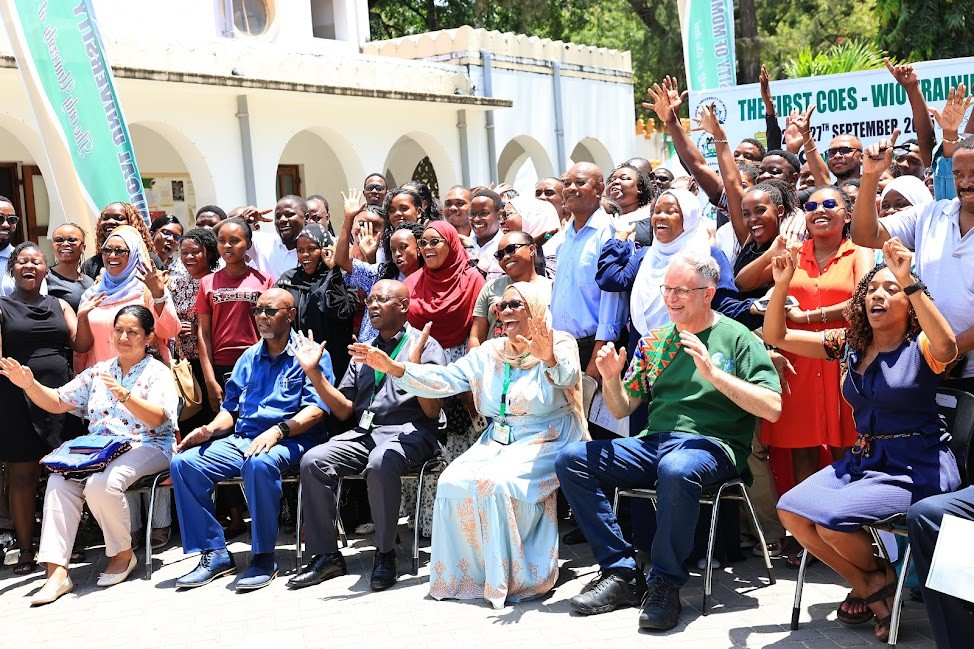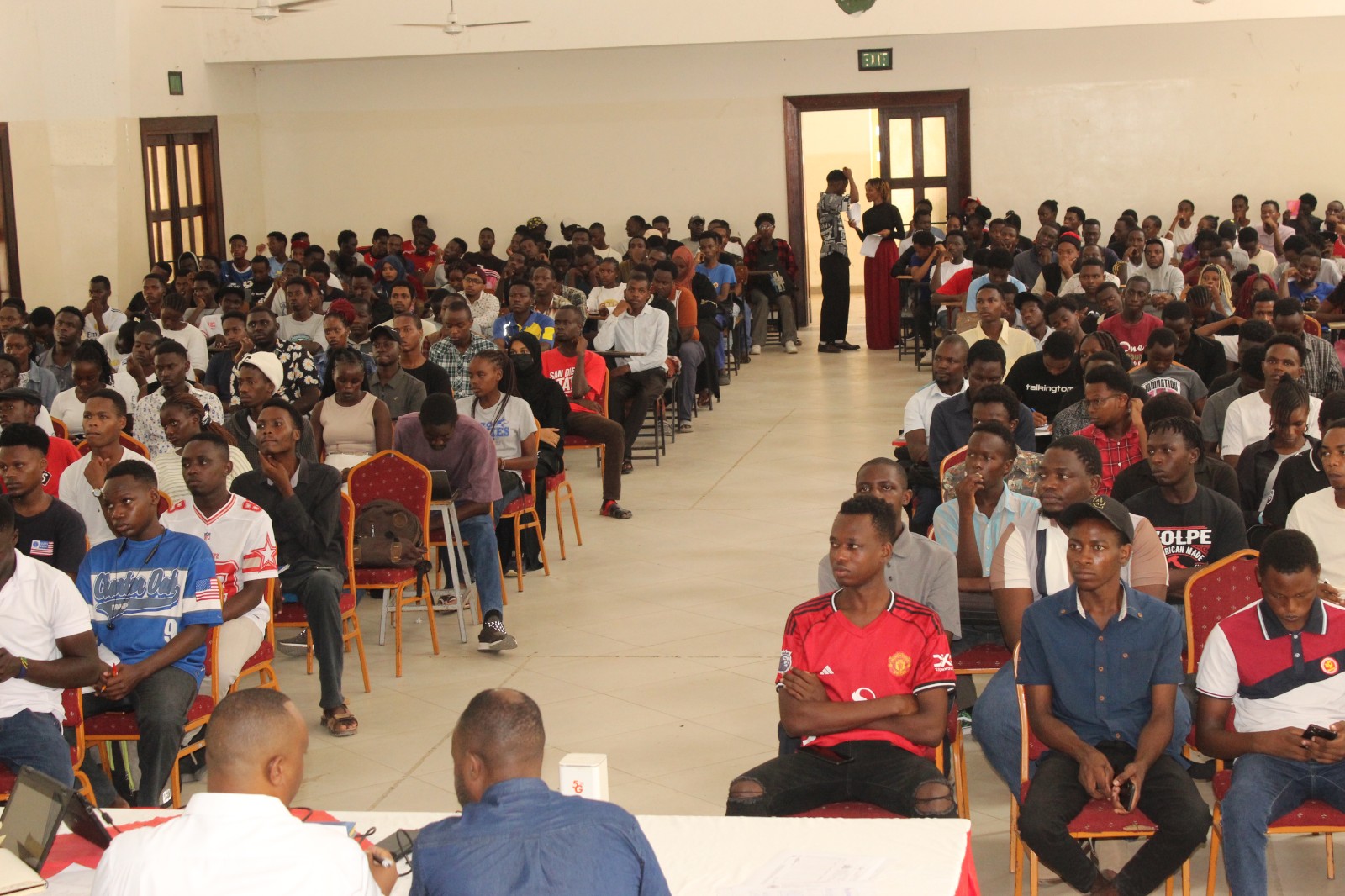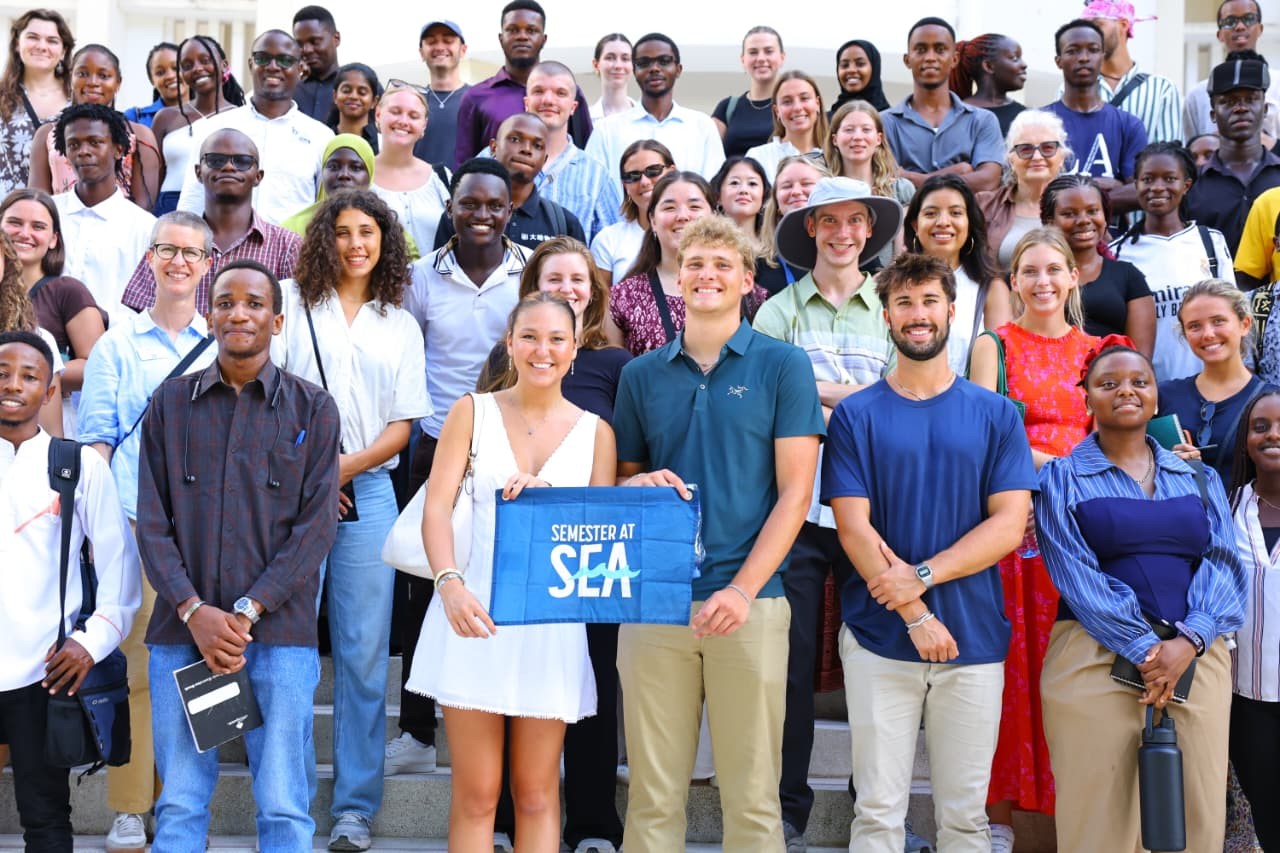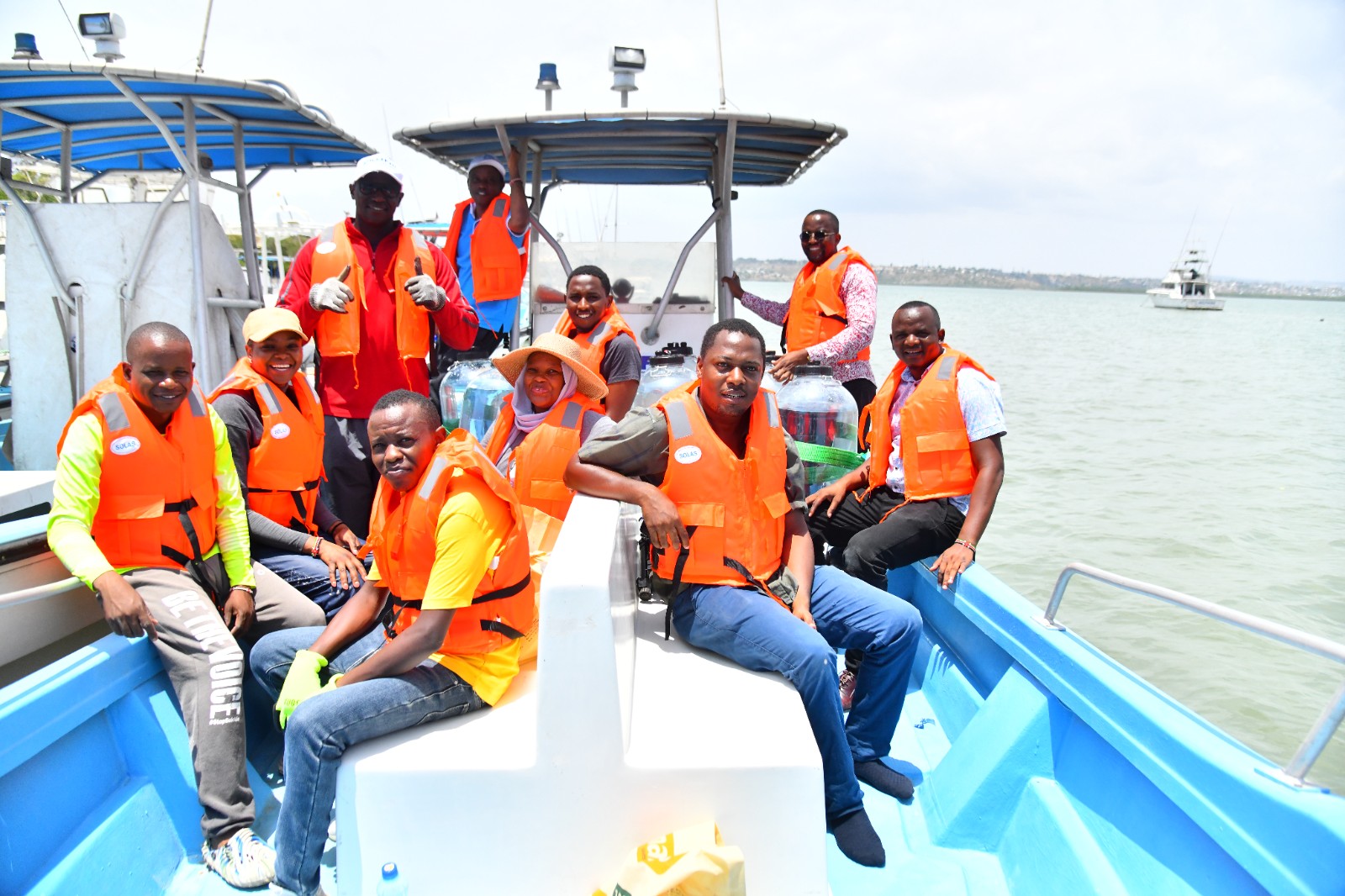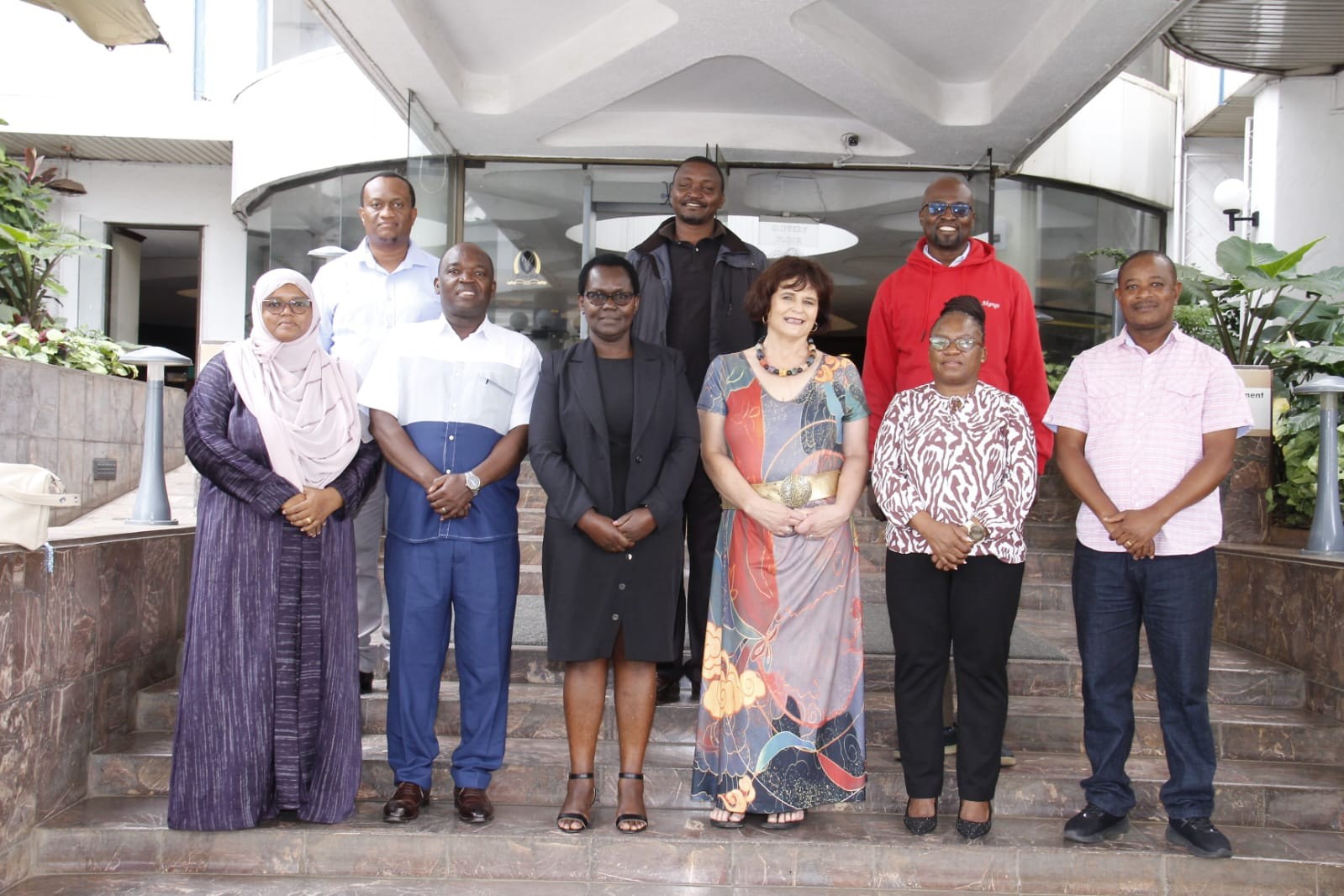Seventy five young professionals from 17 countries across the globe have gathered at the Technical University of Mombasa (TUM) for a five-day training on oceanography.
The training, which runs from Monday September 22 to 27, 2025, is being conducted in East Africa for the first time.
The participants are drawn from Mozambique, Somalia, Mauritius, Madagascar, Reunion, Germany, France, Tanzania, Zanzibar, United States of America, Kenya, Ghana, Nigeria, South Africa and Seychelles.
The First Coastal Ocean Environment School in Western Indian Ocean, abbreviated as 1st COES-WIO Training, is a summer school initiative by the University of Michigan, USA.
For some years, University of Michigan has been conducting similar summer schools in West Africa in Ghana and Nigeria.
The 1st COES-WIO summer school in Kenya is co-hosted by TUM, Pwani University and Kenya Marine and Fisheries Research Institute (KMFRI).The successful implementation of this summer school is as a result of a dedicated planning process which started way back in the year 2023.
Initially meant to be a Kenya summer school targeting only Kenyan participants, this initiative attracted other partners including Western Indian Ocean Marine Science Association (WIOMSA) and Early Career Ocean Professionals (ECOP). Thus COES-WIO has become a regional summer school drawing participants and resource persons across the WIO region and outside the region.
The summer school has a total of 5 training tracks (thematic areas) namely small-scale fisheries, mariculture and post-harvest management; Chemical and physical oceanography; Climate change and physical processes; Marine pollution and plastics; and Data and survey design.
These training tracks were carefully selected to build needed capacity in the WIO region to early career professionals, post-graduate and undergraduate students. These relevant tracks in the region are supposed to encourage participants to develop research interest in the related disciplines.
These selected training tracks will be offered through interactive class lectures, group exercises, field work and laboratory practical exercises. Selected sites both in north and south coast Kenya will offer exciting field work experiences to all participants.
The instructors are Prof Brian Arbic from University of Michigan-USA, Prof Eben Nyadjo from Mississippi University, Prof Richmond Qwaku from Univerisy of Ghana, Prof Cosmus Munga from TUM, Prof Francis Mutuku from TUM, Prof Saeed Mwaguni from TUM, Prof Ali Marifa from Pwani University, among others.
In her remarks during the official opening TUM vice chancellor Prof Laila Abubakar noted that Kenya needs to adopt sophisticated technologies to monitor the Ocean, in order to better protect and preserve its resources.
Prof Laila said the technologies in use are outdated, slowing efforts to harness the full potential of the blue economy. “This training will equip experts, especially from Kenya with the latest technologies for blue economy exploration,” Prof Laila said.
The VC said Kenya’s ban on single-use plastics had reduced marine pollution and boosted yields, but emphasized that more needs to be done.
TUM Deputy Vice Chancellor in charge of academic research and extension Prof Peter Gichangi said youth must seize the opportunities in the blue economy, noting that the Indian Ocean supports about 65 million people.
Prof Brian Arbic, an oceanographer from the University of Michigan, said the programme links global experts with East African practitioners.
Pwani University Vice chancellor Prof James Kahindi said the government is collaborating with the three institutions; TUM, Pwani University and Kenya Marine and Fisheries Research Institute (KMFRI) to roll out a joint oceanography curriculum with each institution handling specific units.

